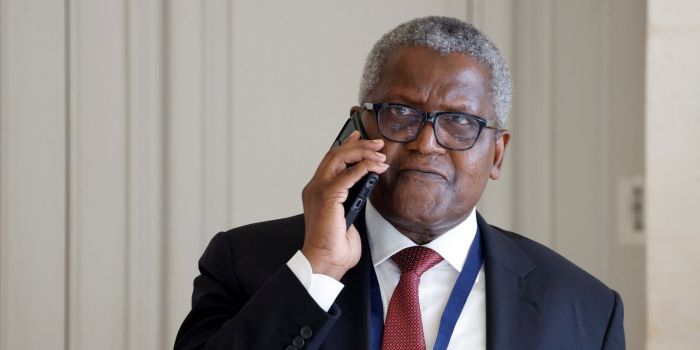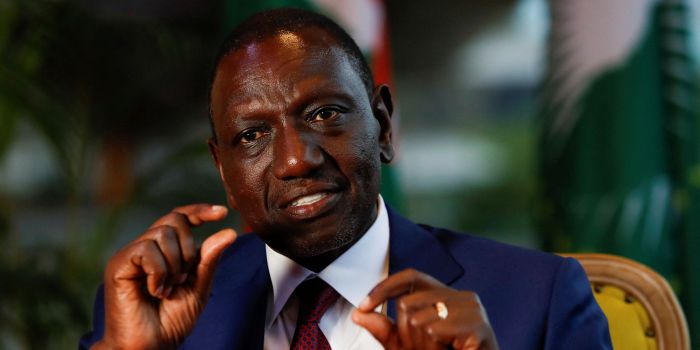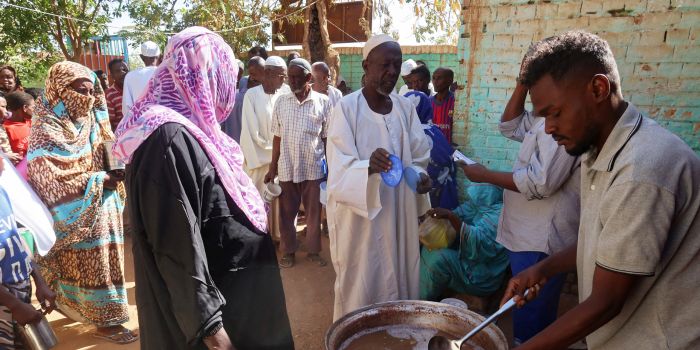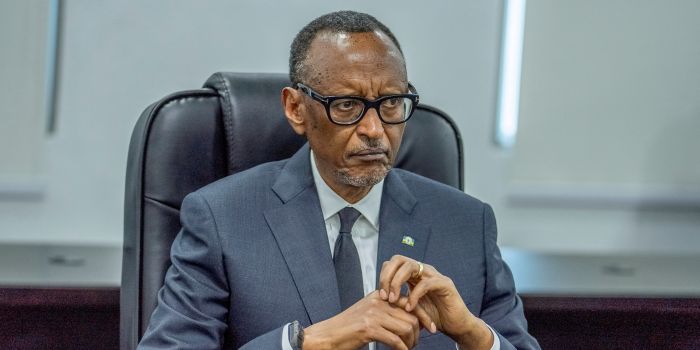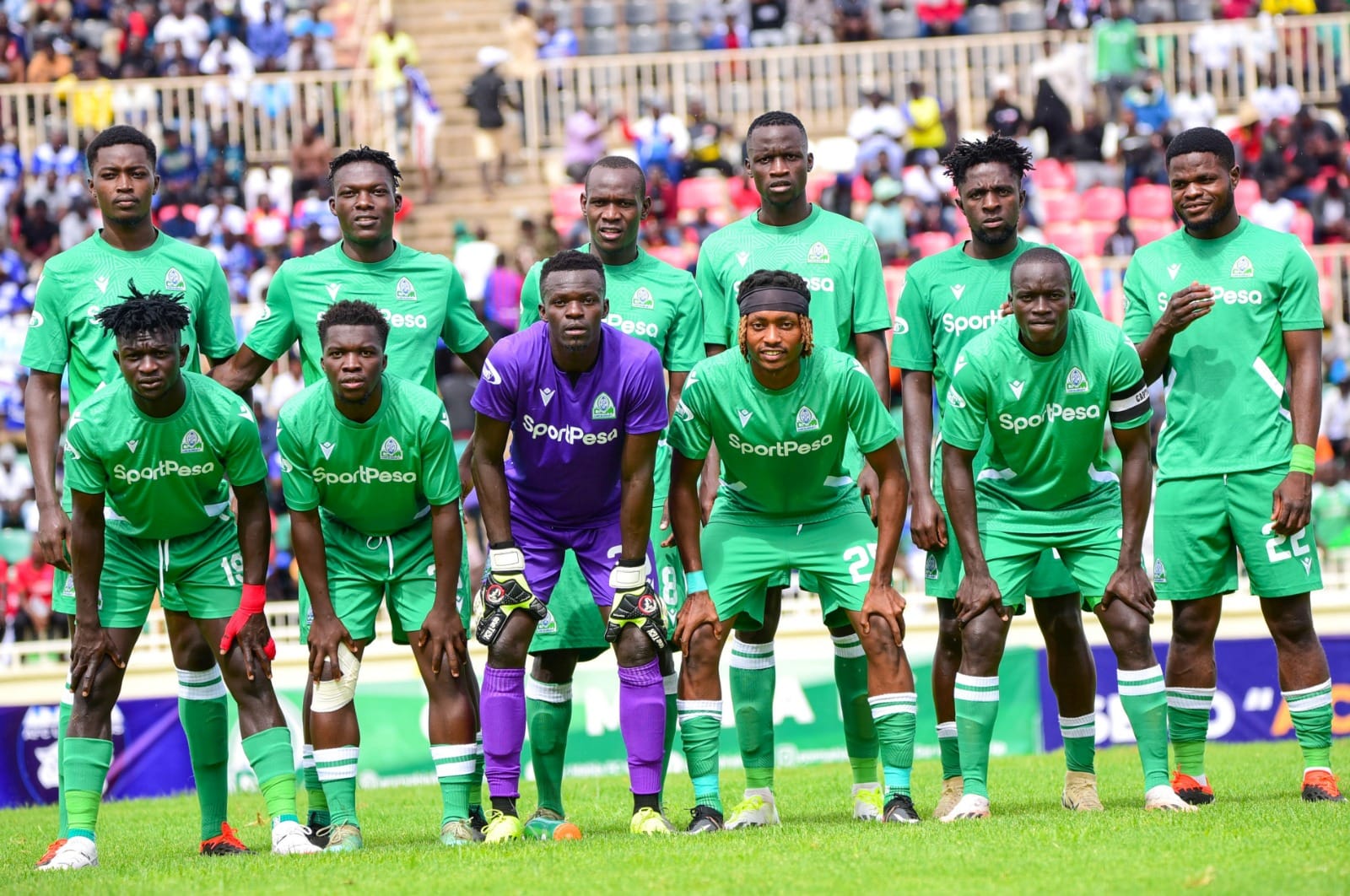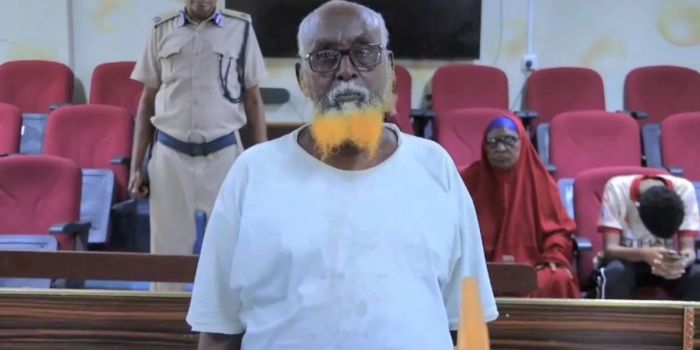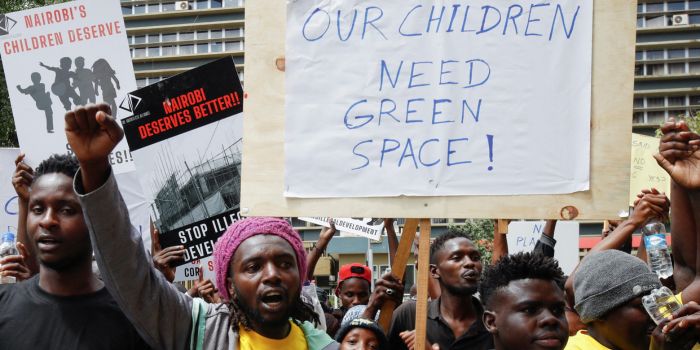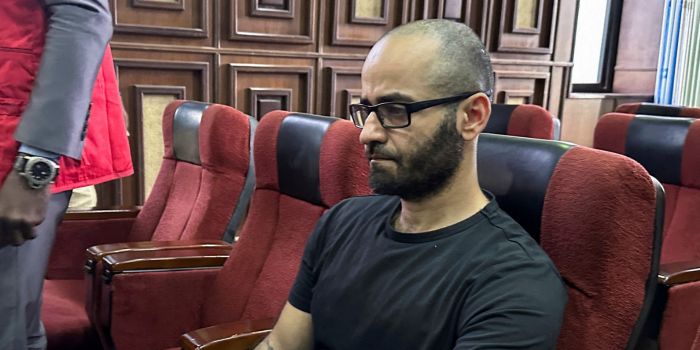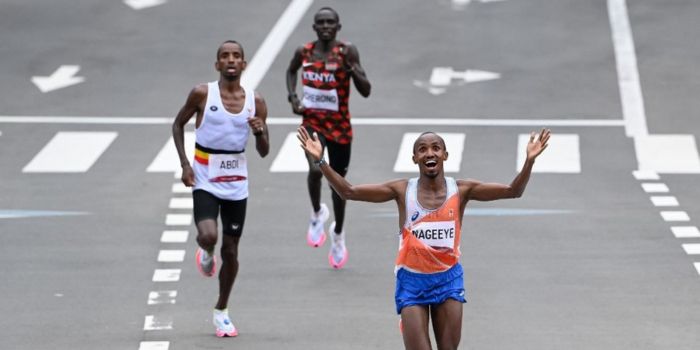FKF suspends five over match-fixing allegations
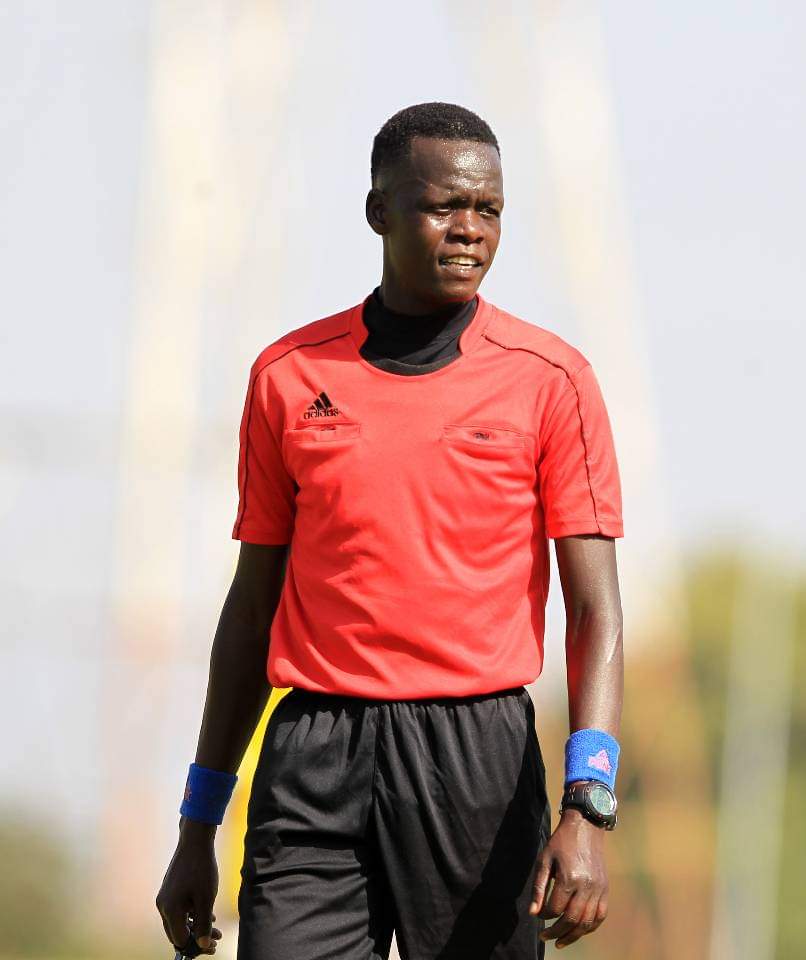
By Michael Kirwa |
FKF has cracked the whip on five individuals in what is just a tip of the iceberg as match-fixing continues to gain ground in Kenyan football
Football Kenya Federation has provisionally suspended three referees, a player, and a team official on match-fixing allegations.
The FKF Integrity Department has also opened investigations on the alleged match-fixing involvement by the five individuals, FKF said in a press statement.
Keep reading
The five are Abdulkarim Amele (Team Manager of Kibra United), Jacqueline Barongo (referee), Kevin Otieno Olang'o (goalkeeper of FKF Premier League team FC Talanta), Meshack Omondi (referee), and Stephen Adeya (referee).
FKF also announced the provisional suspension of the five individuals until investigations are complete and the FKF Disciplinary Committee has determined the matter.
"Consequently, FKF has directed all its members and the general public nit to have any form of sporting contact with the suspended individuals," FKF added in the statement.
The scope of the alleged involvement of the five in match fixing is left to imagination at the moment as FKF also stated that it will provide no further details at this stage as the matter is pending hearing and determination by the FKF Disciplinary Committee.
Even with FKF not providing more details at this stage, a reference to previous incidents of match-fixing allegations that have rocked Kenyan football in the past six years provide yet another worrying confirmation that the vice is firmly rooted in Kenya football.
In May 2021, world football governing body FIFA, through the FIFA Disciplinary Committee, sanctioned Kenyan club Zoo FC after finding it guilty of having been involved in match manipulation in violation of the FIFA Disciplinary Code (2019 edition).
The decision to sanction Zoo FC was related to a series of matches in the Kenyan Premier League deemed to have been manipulated between 2018 and 2020 by individuals belonging to the club, as a consequence of which the club was held responsible for the behaviour of its members.
As a result, the FIFA Disciplinary Committee ordered the expulsion of Zoo FC from the 2020-21 Kenyan Premier League season and its subsequent demotion to FKF Division One for the season that followed.
FIFA later fined the club KES 6 million in July 2022 after the world football governing body established that the club had not complied with its earlier ruling by featuring in FKF NSL (second tier) instead of the FKF Division One (third tier), the league that it had been demoted to.
In January 2023, FKF suspended 15 players on match fixing allegations.
Two months later, police officers working with Nairobi City Stars laid a trap that led to the arrest of three individuals, amomg them a Russian and a Ugandan national, who had offered several Nairobi City Stars KES 1.8 million to fix a league match between the club and Sofapaka FC.
In May 2023, after the dust had barely settled on the previous incident, FKF suspended Nairobi City Stars player Ezekiel Odera on match fixing allegations.
In October 2023, the ugly head of match-fixing reared its ugly head yet again when FKF NSL side Vihiga Bullets apprehended a man who they claimed was trying to bribe one of their players to fix a match.
As much as their determination to end the vice, it has not helped football stakeholders in Kenya that there is no law in Kenya that can be used to charge and prosecute someone alleged to be involved in match-fixing.
As such suspects arrested by police on allegations of match fixing end up being released soon after their arrest.
FKF, on its part, has made effort to sensitize its members against being involved in match fixing and as a recently as January 2024, the federation organised a workshop in which it offered training to its members on how to steer clear of the vice.
Other measures that FKF took to combat the vice included publishing a message on the footer of its communications to its members urging them not to be involved in match-fixing and to report such incidents to the federation when they come across.
It is evident from this recent case that vice will not go away soon and FKF will need to do a lot to nip it in the bud. That may mean allocating more funds and resources in tracking the behaviours of players and coaches if the scope of investigations, and efforts to prevents the vice, carried out by bodies like FIFA and professional football leagues in Europe such as the English Premier League, the Italian Serie A, and the Spanish LaLiga are anything to go by.
Over the last decade, those four bodies have dealt with match-fixing cases with their jurisdictions and the scale of their operations when the dealing with the match-fixing cases they were handling confirmed that fighting the vice is not a cheap exercise.
It is perhaps for those reasons, the huge financial cost of combating match-fixing, that in May last year Sports CS Ababu Namwamba mentioned plans of amending the Sports Act to criminalise match-fixing and doping.
However, there has not been much progress on that front one year down the line and FKF is still handling match fixing cases through its Disciplinary Committer and Integrity Department.






